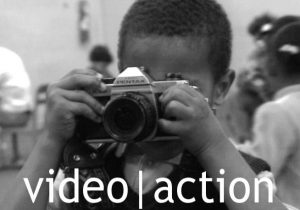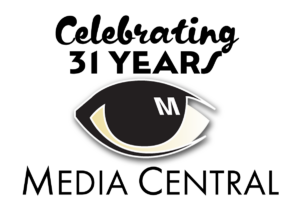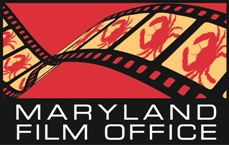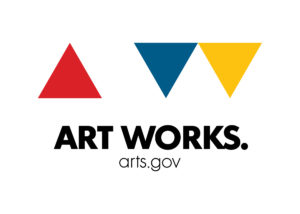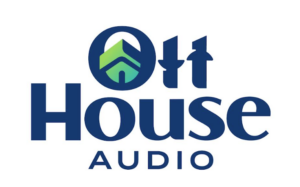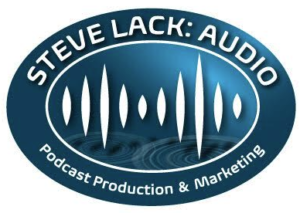In the Golden Age of documentary, Women in Film and Video’s Script DC takes a holistic approach to “Eat Your Veggies” Films
Written by: Itzel-Marine Gourmelon
So, you’re here because you care about something…
Something so big that it will eat your days, nights, weekends, and love life. You are ready to dedicate months or years to this, you are ready to pool your best resources and most brilliant ingenuity. You are here because you want your world to think, to move, to grow.
You, my dear documentary filmmaker, are here to tell a story.
But…Where do you start?
Maybe you’ve pinned down a topic. But, find out you actually don’t know all that much about it…and then, there’s the matter of money, grants, crowdsourcing, contracts and releases, filming, fixers… and then, who is your audience? Do you even have an audience? Do you want an indie film for the Festival circuit? Or TV with Networks or IMAX?…
If this jumbled jungle is sounding a little overwhelming, I assure you, it is.
Not 30 minutes into the Documentary Master Class at this year’s Script DC, Maryanne Culpepper, our impressively experienced facilitator and instructor, tittered: “being a documentary filmmaker is [challenging]—you will make everything a narrative filmmaker makes backwards and in heels.”
While some of us may not hold the natural poise of Ginger Rogers, she probably had to start somewhere too, right?
Luckily, WIFV DC, in its usual Deus Ex Machina form, delivered a small army of seasoned film industry gurus this year. Gurus that have a collection of qualifications longer than your mom’s Thanksgiving-feast shopping list…
Here we, the attendees (aspiring filmmakers ourselves), sat before these teachers, wide-eyed, with humbled remarks such as “I am here to learn, I have a lot to learn.” And learn we did.
As both men and women trickled into the room and took their place around a simple grey, rectangular table, the class began with a simple question: “What would you like to talk about in class? I’d like to focus on what you guys feel like you need the most.” Simple, yet difficult to answer. This set the tone of the class as an open and collaborative environment, meeting the needs of all levels of experience. Smart questions were asked; expert replies were given.
In this time where our bellies grumble and ache for social growth, our work as documentary filmmakers is more vital than ever, there are things we need to know to get those films made. Below are the top bite-size quotes of time-tested received wisdom:
A Place to Start: Documentary-Jungle Guide & Master Class Facilitator, Maryanne Culpepper
Lesson 1: “To tell you the truth, documentary is about Storytelling” “Story is always better”
Lesson 2: “Don’t be afraid of what you don’t know—that’s what research is for”
Lesson 3: “In a good Doc, you don’t know what’s going to happen”
Grant writing: Grant Wizard, Erica Meehan
Lesson 1: “Collaboration is key” And ask for referrals.
Lesson 2: “Know the people looking at your proposals”
Lesson 3: Solve people’s problems, your film is the solution. “To you [your film] is everything, to your funder it is a vehicle”
CrowdFunding: Crowdfunding Champion, Ann Zamudio
Lesson 1: Don’t ignore your pitch video but: “Keep it short… maybe only your mom will watch it if it’s long.” Don’t get married to a failing plan
Lesson 2: “Don’t pussy-foot around your fundraising campaign… start with a big pump. Don’t be afraid to ask. If they can’t donate. Ask them to share. There is value in that.” Also: build a sense of URGENCY!
Lesson 3: “Make your campaign pretty” …“We had it too text heavy, it was like a small novel. The info was out there but nobody read it- graphics are a BIG plus.” Also… TEST your campaign… and LISTEN when people don’t know what it’s about.
Distribution Research: Distribution Oracle, Peter Hamilton
Lesson 1: “Study your demographics.”
Lesson 2: “Be like a doctor for distribution companies, find out where do they need help…Understand your target (Don’t waste anyone’s time)”
Lesson 3: “Titles are REALLY important”
Distribution: Front-line Sales Agent, Laetitia Giansily-Doyle
Lesson 1: “The Distributor is not always the bad person”
Lesson 2: “Very often deals are done on little things, personal relationships are very important… of course the quality of the film is very important too.”
Lesson 3: “You have to be able to say what is different about your film”
Producing: American University Professor and Independent filmmaker, Brigid Maher
Lesson 1: “Before you shoot anything, activate your Tribe.” “Open a choir and get people talking about your film”
Lesson 2: “What kind of story do you need to see? What kind of story is important?”
Lesson 3: (with film subjects) “So much of good producing skills is good people skills… open, honest, listening.” “Be Able to Read the room… never push it”
Legal: Ex-Stand-Up-Comedian-now-Entertainment-Lawyer, Brian Frankel
Lesson 1: “Any lawyer that says they know all the answers is engaging in huge puffery”
Lesson 2: “anyone can figure out these legal things, if you are willing to invest the time to do it”
Lesson 3:
- 1. Find a Mentor
- Be a Mentor (pay it forward)
- Volunteer
- Network, network, network
- Build an Audience
- Operate from a space of a plan “Adapt. But have a plan”
Things You Need to Know: Jack-of-all-Film-Trades, Adam Leipzig
Lesson 1: “Know your audience! We live in a world of niches”
Lesson 2: “First thing a distributor will ask for is everything.” “Do NOT under any circumstances let the distributor see [your film] before a film festival… you have to play hard to get.”
Lesson 3: “Do NOT do your own negotiating.” “Agents are your friends.”
Recurring Themes!:
-Story!!
-Research!
-Make relationships!
-Failure Rates (You will fail more than you will succeed)
-What makes your film Different?
-Keep. It. Short.
The world we live in has changed. So it follows that the world of documentary has changed. We have moved away from the old-form good-for-you-but-taste-weird “Eat your vegetables” documentary to a world of brilliant and enticing stories that do something to change the space around us. So let’s do it. Let’s ask questions. And if you’re feeling a little overwhelmed, then ask your friends at WIFV to lend you a hand.


